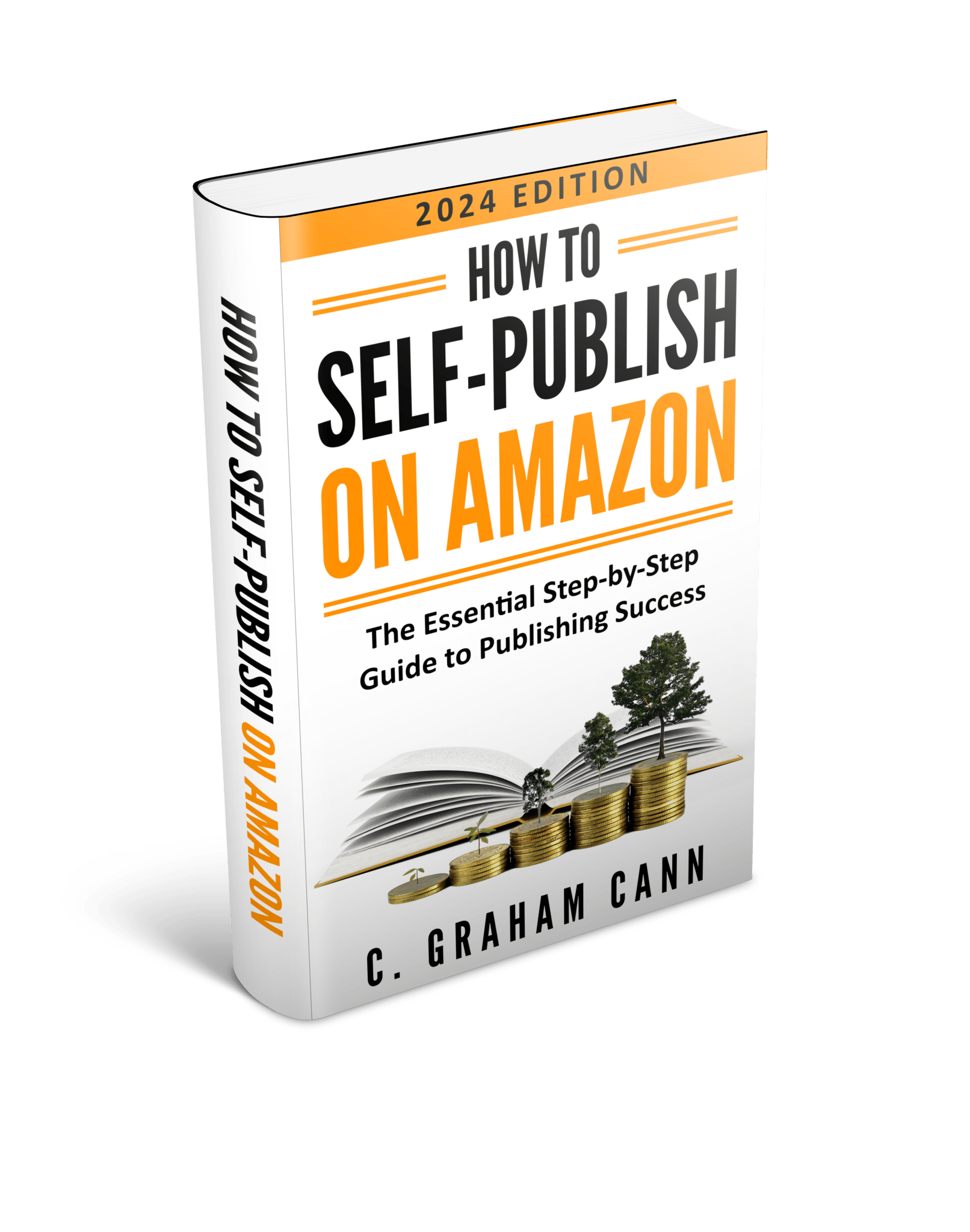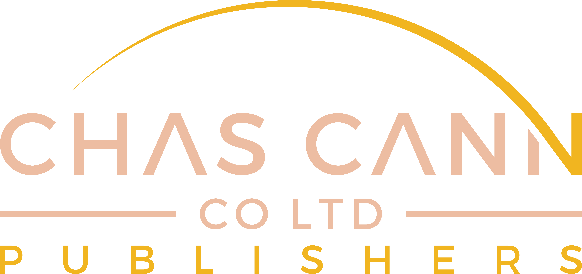BOOST YOUR PROFITS AND WIDEN YOUR READERSHIP WITH RIGHTS LICENSING

So, you’ve written a book, self-published it, and maybe you’re already seeing some success through sales. What’s next? If you think your book’s potential is limited to just eBook or print sales, think again. There’s a whole world of rights licensing out there, and for indie authors, it can be the golden ticket to maximising both your income and your reach.
But before you dive in, let’s unpack what rights licensing is, how it works, and why you, as a self-published author, should definitely care about it.
What Exactly is Rights Licensing?
Imagine your book as a treasure chest, filled with all kinds of gems—some obvious, others hidden in corners you might not have explored yet. Rights licensing is like giving someone else the permission to use certain gems from that chest, but on your terms. You still own the treasure (i.e., your book), but you allow others to benefit from it in exchange for payment.
When you publish a book, you hold the copyright, which is essentially your book’s blueprint. This copyright gives you the exclusive rights to control how your book is reproduced, distributed, adapted, or performed. By licensing some of these rights, you let others handle parts of the business—like translating your book into other languages, producing audiobooks, or even adapting it into a movie—while you sit back and collect royalties. Sounds pretty great, right?
Breaking Down the Different Types of Rights
So, what kinds of rights are we talking about? The good news is that you’re in control of which rights you want to license. The most common ones include:
Print Rights
These are the rights to publish your book in physical form, whether it’s hardcover or paperback. When you self-publish through a platform like Amazon KDP, you usually retain these rights. But, if a traditional publisher in, say, the UK, wants to publish a print edition there, you could license the print rights just for that region, keeping the rest for yourself.
Digital Rights
This covers eBooks and other digital formats. As a self-published author, you likely depend heavily on digital sales. But what if a foreign publisher wants to translate your book and sell it as an eBook in their market? You can license those digital rights and still retain full control over your English-language version.
Audio Rights
Audiobooks are booming. Platforms like Audible make it easy for indie authors to produce their own audiobooks, but it can be costly. By licensing the audio rights to a production company, they take care of everything—from hiring narrators to production—while you still earn royalties.
Film & TV Rights
We all dream of seeing our book on the big screen, right? Selling your film or TV rights could make that happen. A production company might “option” your book, meaning they have the exclusive right to adapt it for a set period, even if they don’t make it into a movie. Options can bring in some serious money—even if the film never gets made.
Translation Rights
Licensing translation rights lets publishers in other countries translate and sell your book in different languages. While you could hire a translator yourself, working with a foreign publisher who knows the market can be a much smoother way to reach new audiences.
Territorial Rights
If you want to keep control of your book in certain regions but are open to letting others handle sales in different territories, you can license your rights geographically. For instance, you might self-publish in the US, but license your book for print, eBook, or audio sales in Europe or Asia.
Merchandising Rights
Yes, you can license the rights to turn your book into merchandise. If your book develops a devoted fanbase, think about the potential of selling related products like T-shirts, mugs, or even action figures (hello, superhero novelists!). You can either create and sell the merch yourself or license it out to a company with the resources to handle production and distribution.

Why Should Indie Authors Care About Licensing?
You might be wondering: “Is rights licensing really worth it for me?” The answer is—absolutely! It’s not just a tool for traditional publishing giants. For indie authors, licensing can provide several key benefits:
Extra Income Streams
Licensing your rights is an excellent way to create additional revenue streams beyond just selling copies of your book. If you license your audio rights or translation rights, you’ll start earning royalties from those formats without any extra work on your part. Same goes for foreign markets—you can be earning money in different countries while still focusing on your next project.
Expanding Your Audience
Licensing allows your book to reach new readers across different formats, languages, and even media. By allowing a foreign publisher to distribute your book in their market, you tap into readers you might never have been able to access otherwise. Similarly, producing an audiobook could attract a whole new audience of listeners.
Creative Control—On Your Terms
Even though you’re licensing out certain rights, you still call the shots. Contracts are customisable, and you can decide how much control you retain. For instance, if you license film rights, you can include clauses that allow you to have input on the script or casting decisions (if that’s something you care about).
Low-Risk, High-Reward
One of the best things about licensing is that you reduce your financial risk. Audiobooks, translations, or even film adaptations require significant investment, but when you license the rights, the other party typically bears those costs. You’re left with potential royalties—and little risk.

HOW TO SELF-PUBLISH ON AMAZON: THE ESSENTIAL STEP-BY-STEP GUIDE TO PUBLISHING SUCCESS
Tips and secrets on how to plan for success in your author business. Updated and revised 2nd edition (2024). Click the image to grab your copy TODAY!
How to Get Started with Licensing Your Rights
Ready to explore licensing, but not sure where to begin? Here’s a roadmap:
Step 1: Know Your Rights
Start by reviewing the contracts of your current publishing platforms, like Amazon KDP or Draft2Digital. What rights do you already hold, and what can you potentially license out? Most platforms allow you to retain the majority of your rights.
Step 2: Seek Professional Advice
Even if you’re self-published, you don’t have to go it alone. A literary agent or specialist company like DropCap Agency can help you navigate licensing deals, especially when it comes to things like film or foreign rights. They’ll ensure the contract terms are in your best interest.
Step 3: Tailor Your Deals
When negotiating licensing deals, it’s crucial to make sure you understand the terms. How long does the license last? What territories or formats does it cover? Will you have approval rights over adaptations? These are all important points to clarify in your contracts.
Step 4: Explore Opportunities
Licensing your book’s rights doesn’t happen overnight. You may need to network, attend book fairs, or even seek out agents specialising in foreign or film rights. Alternatively, there are platforms like ACX for audiobooks or specialised rights marketplaces that can connect you with potential buyers.
Final Thought: Your Book's Potential is Limitless
Rights licensing isn’t just for bestsellers or blockbuster authors—it’s a powerful tool that indie authors can leverage to expand their reach, earn more money, and protect their creative work. Whether you’re dreaming of audiobooks, foreign translations, or even a film adaptation, licensing opens doors that self-publishing alone might not.
So, take a closer look at your rights, explore the possibilities, and start turning your creative work into an empire. After all, why limit your book to one format when it could thrive in so many more?
Disclaimer: This blog is intended to give you an overview and should not replace professional legal advice.

Take your self-publishing to the next level!
Thank you!
You have successfully joined Graham's subscriber list.
Graham Cann is a #1 international best-selling author and CEO of Chas Cann Publishers
Facebook
Twitter
LinkedIn

